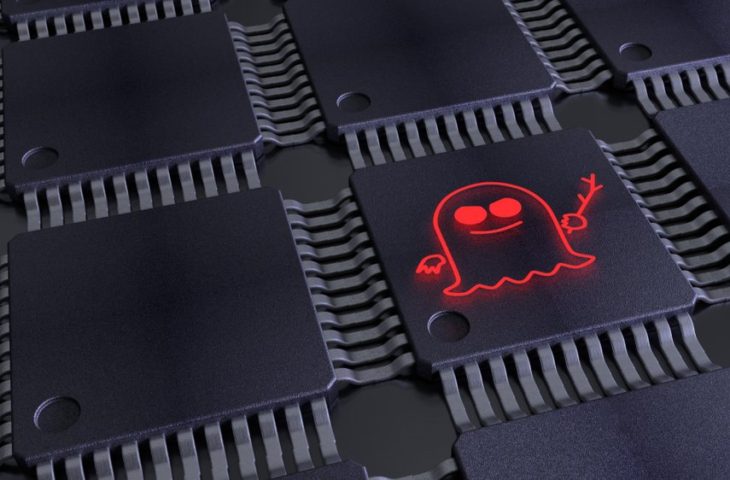Security researchers have discovered two new flaws for a variety of processors from Intel and AMD. As usual, speculative execution is the cause.
6th to 11th generation Intel processors are vulnerable to a flaw that could allow attackers to steal sensitive data such as encryption keys. In turn, AMD chips based on the new Zen 3 and Zen 4 architecture are prone to another flaw that allows hackers to achieve the same goal. The Intel bug was called Downfall, AMD’s is called Inception.
Specter and Meltdown
Both leaks have a lot in common. Downfall and Inception are the spiritual successors to Specter and Meltdown, respectively. Without going into too much detail, beyond these bugs and all of their descendants, there is a technology called speculative execution. This means that the processor speculates on the outcome of an instruction before it is fully executed. This allows the CPU to start processing the next instruction. If the estimate is correct (which it usually is), the CPU gains time. If the speculative execution is wrong, the correct instruction is loaded and nothing is lost.
The speculative execution is responsible for an enormous performance boost of modern processors. Unfortunately, in 2018 it became clear that the technology has inherent risks that cannot be easily mitigated without impacting the speed of CPUs. Hackers can exploit speculative execution to subtly gain insight into normally shielded areas of memory. Sometimes this can also be done indirectly by deducing what values the memory contains based on the behavior of the CPU. This allows hackers to steal data such as encryption keys.
performance drop
Downfall and Inception exploit this vulnerability in different ways. A patch is available for Intel chips that results in a 50 percent drop in performance on certain workloads. So the fix brings more security, but it also costs you money. Fortunately, twelfth and thirteenth generation CPUs are not vulnerable to this particular vulnerability.
Unfortunately, Inception refers to AMD’s most modern processors. This flaw is difficult to exploit, but has an effect similar to Downfall on a successful attack. Chips based on Zen 3 and Zen 4 are vulnerable. Older CPUs based on the Zen 1 and Zen 2 architecture are immune to Inception, but it has recently been revealed that they are also vulnerable to another variant. AMD also provides a patch.
